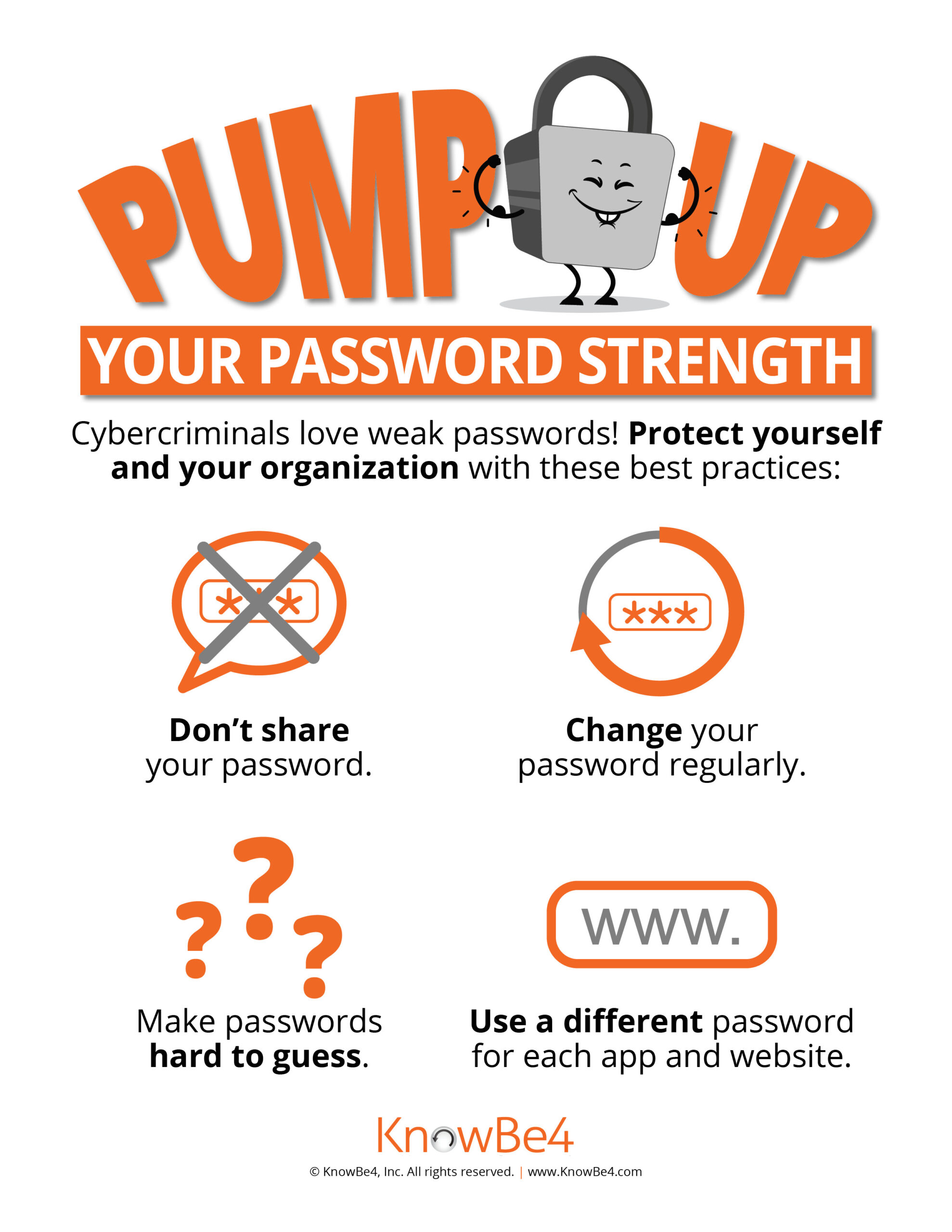It’s Cybersecurity Awareness Month. Cyber threats can be scary, and for good reason. Malware can be lurking in a suspicious email or image you get convinced to click. All it takes is one crack in the door of your network to let cybercriminals in.
Security Hints & Tips
Stay Safe on Social Media
Many people use some form of social media, such as Facebook, Instagram, or LinkedIn. When using social media platforms, it’s important to be careful about what you post. Cybercriminals can use this information in cyberattacks to try and trick you into clicking malicious links.
Be Careful What You Post
Any information that you post on social media could be used to catch your attention in a spear phishing attack. Spear phishing is when cybercriminals target you specifically. For example, if you post online about your rescue dogs, cybercriminals may send you phishing emails spoofing an animal shelter that’s asking for donations. The email could appear legitimate, but cybercriminals are actually trying to trick you into giving them your payment information.
Keep It Private
Cybercriminals may also try to phish you through a direct message. Some cybercriminals will even use online bot accounts to reply to your posts or message to automatically. Luckily, many social media platforms allow you to have a private account and restrict who can contact you. Be sure to use privacy features to protect your personal information from strangers and cybercriminals.
What Can I Do to Stay Safe?
Follow the tips below to stay safe when using social media:
- Think before you post. Cybercriminals can use your personal information in spear phishing attacks to make the attacks appear legitimate.
- Make your social media accounts private. This helps prevent cybercriminals from using your personal information against you.
- Be cautious before replying to someone you don’t know online. They could be a cybercriminal in disguise.

Google Yourself
With the internet and social media as part of your everyday lives, it can be difficult to avoid sharing personal information online. Having an online presence can be valuable, but sometimes sharing personal information is risky. If you want to know what information about you is online, Google yourself.
Your Search Results
If you google your name, you may find public information about yourself that you didn’t expect to see, such as your phone number, email address or home address. Some information is available online through government agencies, while other information is posted by data brokers. Data brokers are organizations that collect and sell information.
Cybercriminals’ Scams
Cybercriminals can use your public information in phishing attacks to try and scam you. They often use specific details to make their phishing attacks appear more legitimate. For example, if your home address is publicly available online, cybercriminals can use it in delivery scams. For these scams, cybercriminals will send you a phishing email about a package delivery. This email will prompt you to click a link that appears legitimate but is actually malicious.
What Can I Do to Stay Safe?
Follow the tips below to stay safe online:
- Be careful about what you post online. Cybercriminals could use this information in a phishing attack.
- Analyze your online presence often and remove information that you don’t want cybercriminals to know.
- Many websites have security options that can easily be overlooked. Review and edit your privacy settings to protect your information.
Additional Resources:
Training Module – Eight Ways to Strengthen and Secure your Passwords Today.
Social Media – Staying Secure in a connected world
We have a full kit of resources for Cybersecurity Awareness Month. If you would like access to more training modules, articles, or information, please contact Gillian at gcampbell@arbutusfinancial.com and she will send them to you.